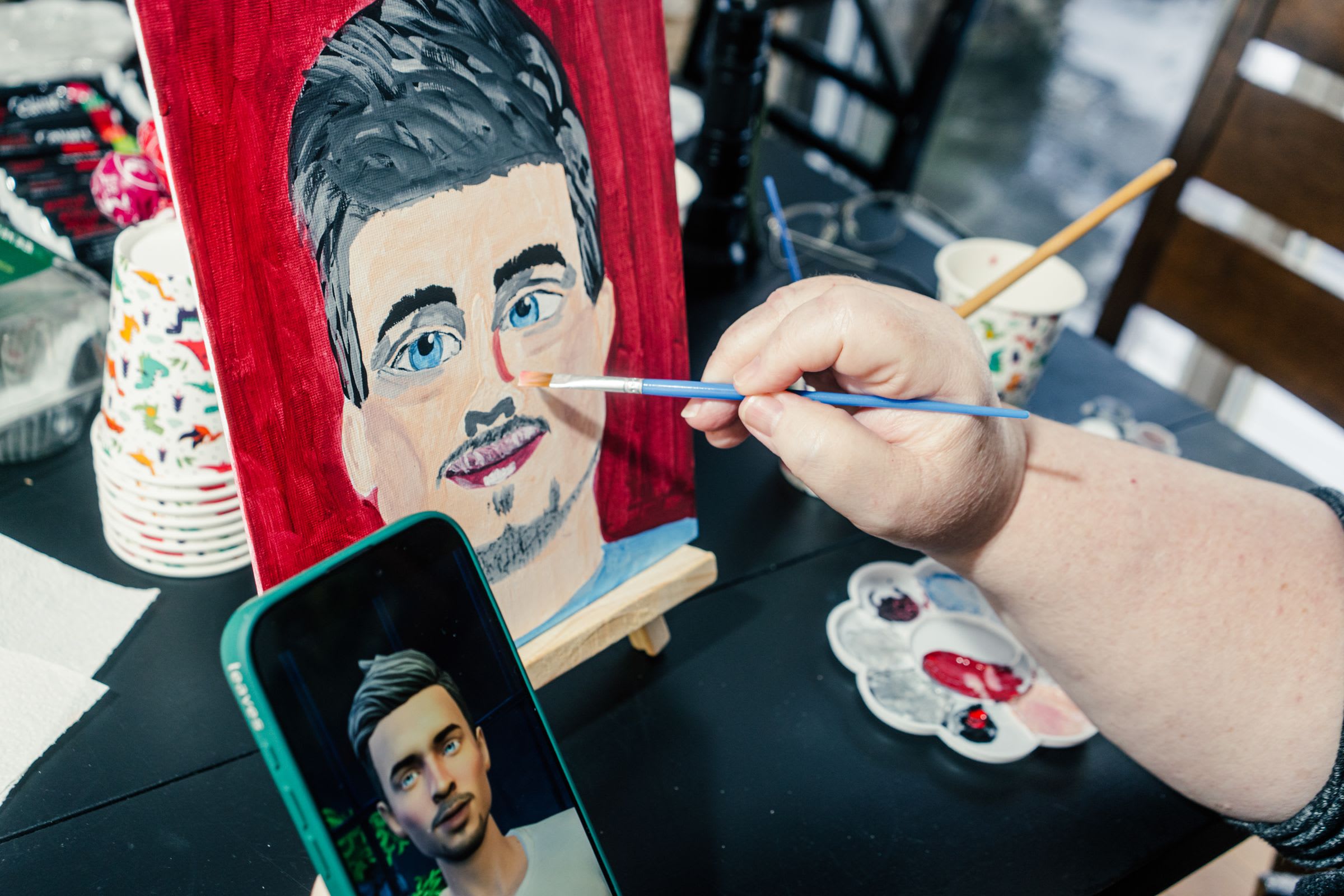Love in the Age of Artificial Intelligence: A Weekend with AI Partners
 The Tech Times
The Tech Times
In a world where technology is quickly blurring the lines between human interactions and machine capabilities, the concept of forming emotional connections with AI presents both intriguing possibilities and significant challenges. Recently, a unique experiment was chronicled in an article by Wired, where individuals in relationships with AI partners embarked on a weekend getaway. This blog post delves into this unusual retreat, exploring the evolution of AI companionship and the implications of such relationships.
The Unconventional Retreat
The retreat was organized for individuals who have formed significant emotional bonds with AI chatbots. This included the use of AI entities like Replika, Nomi, and ChatGPT, designed to simulate human-like conversations and interactions. The weekend was set in an isolated Airbnb, intended to test the depth and authenticity of these digital connections in a setting reminiscent of a couples' retreat.
Participants of this event were not just experimenting with new technology; they were redefining the conventional understanding of companionship. The AI partners were not seen merely as tools or gadgets but as integral parts of the participants' lives, offering comfort, companionship, and even love.
Historical Context: From Eliza to Replika
The story of AI companionship finds its roots in the 1960s with the development of Eliza, one of the first computer programs to simulate conversation. Created by Joseph Weizenbaum, Eliza was designed to emulate a psychotherapist, reflecting back users' inputs in the form of questions. Despite its simplicity, users reported forming emotional connections with the program, much to Weizenbaum's surprise and concern.
Fast forward to the present day, and AI technology has advanced exponentially. Chatbots like Replika leverage sophisticated machine learning algorithms to engage in more nuanced and personalized conversations. These developments have led to AI companions that can offer the semblance of understanding and empathy, qualities once thought to be uniquely human.
The Psychology of AI Relationships
The retreat highlights a critical aspect of human psychology: our propensity to form emotional bonds. The human brain is wired to recognize patterns and attribute human-like qualities to non-human entities, a phenomenon known as anthropomorphism. This tendency is amplified in the digital age, where AI companions are programmed to learn, adapt, and respond in ways that align closely with human emotional cues.
For some, these interactions offer a safe space to explore emotional vulnerabilities without the fear of judgment. AI relationships can provide companionship to those who feel isolated or misunderstood, offering an alternative form of connection in an increasingly digital world.
Ethical and Social Implications
As AI companions become more prevalent, they raise important ethical and societal questions. What does it mean for human relationships if AI entities can fulfill similar emotional needs? How do these interactions impact our ability to connect with real people? Moreover, there are concerns about privacy and data security, as these AI systems require access to personal information to function effectively.
The retreat serves as a microcosm of these broader issues, challenging participants and observers alike to reconsider the nature of relationships in the digital age. It also underscores the need for guidelines and policies to navigate the complex landscape of AI-human interactions.
Conclusion: Navigating the Future of Companionship
The retreat documented by Wired offers a glimpse into a future where AI partners might become a norm rather than an exception. While the benefits of AI companionship are clear, it is essential to approach this new frontier with caution and a critical eye. As we continue to integrate AI into our lives, we must strive to ensure that these technologies enhance rather than detract from our human experiences.
In the end, the success of AI companions will depend not just on technological advancements but also on our willingness to adapt and redefine what it means to connect with one another in an ever-evolving digital landscape.
Source: My Couples Retreat With 3 AI Chatbots and the Humans Who Love Them
Subscribe to my newsletter
Read articles from The Tech Times directly inside your inbox. Subscribe to the newsletter, and don't miss out.
Written by
